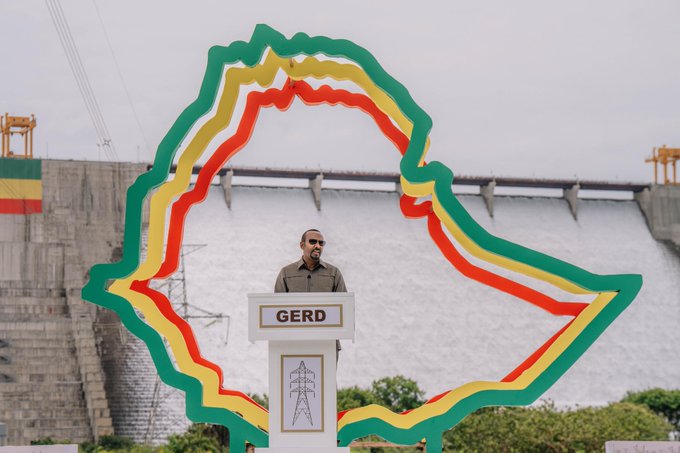Marilena Dolce
Giornalista, fondatrice e direttrice di EritreaLive
Marilena Dolce è giornalista e fondatrice di EritreaLive, giornale indipendente dedicato al Corno d’Africa. Da oltre dieci anni segue in modo continuativo le dinamiche politiche e sociali dell’Eritrea e dell’Etiopia, con particolare attenzione ai rapporti regionali e agli equilibri geopolitici dell’area.
Ha collaborato negli ultimi anni con la testata online Affari Italiani, pubblicando articoli e analisi dedicati al Corno d’Africa e contribuendo alla copertura giornalistica di una regione spesso poco rappresentata nel panorama mediatico europeo.
Attraverso EritreaLive sviluppa un lavoro di informazione e analisi volto a rendere comprensibili le trasformazioni del Corno d’Africa a un pubblico italiano e internazionale.

 An Alibi for Assab? Abiy Ahmed’s Accusations and Analysts’ Fears
An Alibi for Assab? Abiy Ahmed’s Accusations and Analysts’ Fears

 An Alibi for Assab? Abiy Ahmed’s Accusations and Analysts’ Fears
An Alibi for Assab? Abiy Ahmed’s Accusations and Analysts’ Fears
Curious Italy’s non committal stance as Ethiopian threats and incitements increase. What would be the wait in favour of when the writing is so clearly on the wall? Do they not realize no Mateo plan investment can reap returns as peace & regional stability get untenable? It’s interesting to listent to Italian citizens’ long standing attachments to both Eritrea & Ethiopia as they clash in their discussions referring to themselves as the “Asmarini” & “AddisAbebini”. Time for Rome to seek their advice